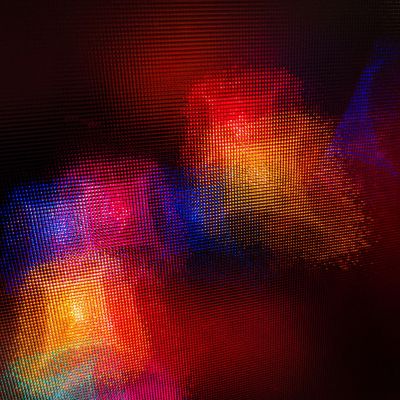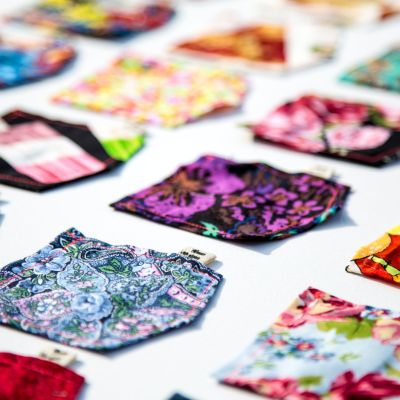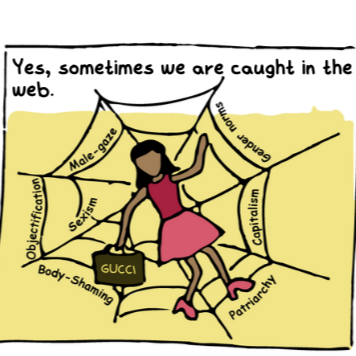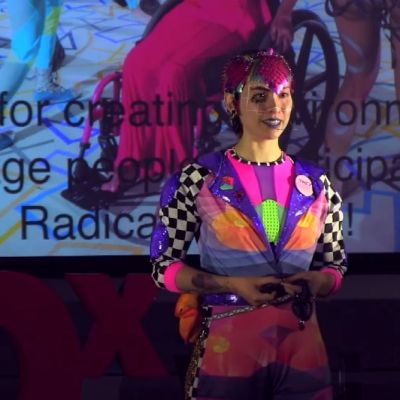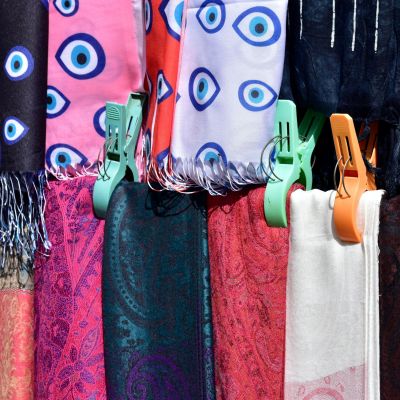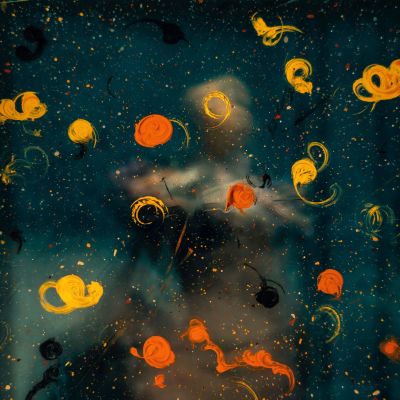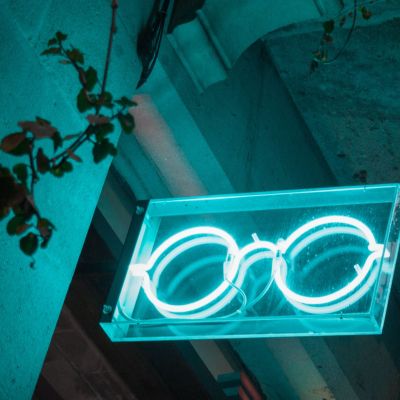identity
Digital entanglements transcend bodies, time, geographical borders and boundaries, influencing – and perhaps fundamentally changing – the ways in which we understand, explore and express our sexuality.
In my flesh, I must pass
for straight…
But in the digital world,
I can be me.
In tailoring the way we present ourselves to the world – be it as fashionista, frump or an artful fusion of the two – we think we are the ones making a choice about how we express our gender and sexuality along with other markers of our identity.
Fashion is a language that expresses survival, rebellion, freedom, visibility and invisibility, identity, representation and inclusion.
How could I be trans if I didn’t tick off all the correct checkboxes demanded by politics, law, society and even the transgender community itself?
Why must others judge her appearance and grace
When true beauty is not confined to a face?
In a world obsessed with the outer shell,
She knows in her heart inner beauty dwells.
For many people, fashion serves as a vehicle for expressing their unique identities, their political beliefs, and their sexual orientation.
What if we refused to assimilate? What if we collectively decided to dress in a way that made it so society could not render us invisible?
Clothes for me are our first line of defence. They are also our first act of providing relief.
While women’s colleges are certainly a step ahead of other institutions in creating spaces of liberation and encouraging freedom of choice, this rare advantage must expand itself onto the landscape of our entire country.
For women like me, there is an enormous lack of options in addition to the market that relegates us to a corner of ‘plus-size brands’
As clear as I was about my sexuality, I was just as unclear about how I wanted to look and what felt good.
I find that my own clothes are all just pieces of a larger archive I’m slowly constructing: an archive of the women I love, a half-hearted attempt at mimicking what I love.
I often imagine if I had been able to access friendly and empowering comprehensive sexuality education from my childhood, how different my life would have turned out to be.

